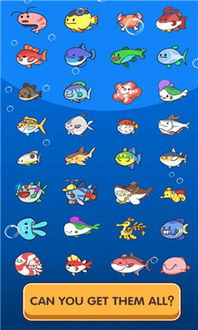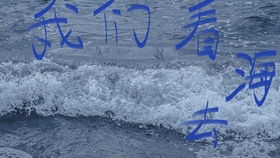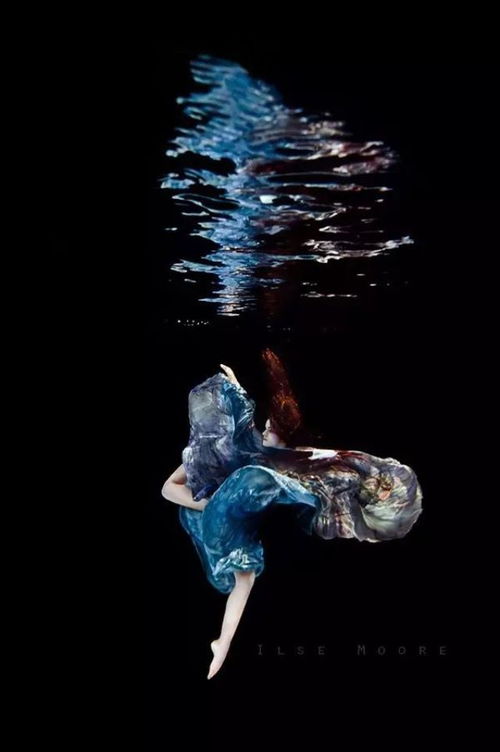Content:
Embarking on a fishing adventure with the aim of catching a crocodile, or alligator, is an experience that requires a blend of patience, skill, and a deep understanding of the reptile's habits. Crocodiles, known for their powerful builds and stealthy nature, present a unique challenge to anglers. In this article, we'll delve into the essential techniques for successful gator fishing, ensuring that you're well-prepared for this thrilling pursuit.

Understanding the Habitat
Before we delve into the fishing techniques, it's crucial to understand the habitat in which crocodiles are most commonly found. These reptiles are typically found in slow-moving bodies of water such as rivers, lakes, swamps, and marshes. They prefer areas with dense vegetation and plenty of shade, which offer them protection from predators and the sun. Familiarize yourself with the local waterways where you plan to fish, as this knowledge will help you locate the best spots for gator fishing.
Choosing the Right Gear
To catch a crocodile, you'll need the right gear. Here are some essential items:
Reel and Rod: Use a heavy-duty rod and reel designed for saltwater fishing. A 10-12 foot rod with a strong backbone is ideal. Choose a reel with a good drag system to handle the powerful pull of a crocodile.
Line: Use a braided line for its strength and durability. A 50-80 pound test line is recommended, but you may need a heavier line if you're targeting particularly large gators.
Hook: A large, strong hook is necessary to withstand the bite of a crocodile. A 7/0 to 9/0 circle hook is typically used, as it's less likely to be pulled out than a J-hook.
Bait: Choose a bait that is appealing to crocodiles. Common baits include fish, chicken, pork, and even entrails. The size of the bait should be proportional to the size of the crocodile you're targeting.
Setting Up the Bait
When setting up your bait, it's important to do so discreetly to avoid alerting the crocodile to your presence. Here's how to do it:
Find a Suitable Spot: Look for areas with dense vegetation and plenty of shade, as these are common spots where crocodiles rest.
Cast Your Line: Cast your line into the water, ensuring that your bait lands close to the edge of the vegetation but not directly in the open water.
Attach the Bait: Attach your bait to the hook using a strong knot, such as a Palomar or improved clinch knot. Make sure the bait is securely attached to avoid losing it during the fight.
Let It Sit: Allow your bait to sit undisturbed for several minutes. Crocodiles are patient predators and may take a while to approach the bait.
Fishing Techniques
Once you've set up your bait, it's time to fish. Here are some key techniques to keep in mind:
Patience is Key: Crocodiles are slow-moving predators, so patience is crucial. Wait for the crocodile to approach the bait on its own.
Stay Alert: Keep a close eye on your line. If you feel a sudden tug or pull, it's likely that a crocodile has taken the bait.
Play the Game: When a crocodile takes the bait, it will likely swim away with it. Allow the line to run, but keep tension on the line to prevent the crocodile from getting away. The fight can be intense, so be prepared for a long and exhausting battle.
Landing the Gator: Once the crocodile is close to the boat, use the boat's motor to guide it towards the shore or into a shallow area. Be cautious and use the boat's motor to keep the crocodile at a safe distance from the boat.
Handling the Gator: Once you've landed the crocodile, be extremely careful when handling it. Crocodiles are powerful and can injure you easily. Use a gaff or a net to help you control the animal.
Safety Precautions
Fishing for crocodiles is a dangerous activity, and it's important to take safety precautions:
Always Fish with a Partner: Having a partner can be a lifesaver in case of an emergency.
Wear Protective Gear: Wear a wetsuit, gloves, and boots to protect yourself from the crocodile's sharp teeth and claws.
Avoid Disturbing Crocodiles: Never approach a crocodile or try to touch it. They are unpredictable and can become aggressive if they feel threatened.
Stay Informed: Before heading out on your fishing trip, research the local laws and regulations regarding gator fishing, as well as any safety guidelines provided by local authorities.
In conclusion, catching a crocodile requires a combination of skill, patience, and respect for the animal. By following these essential techniques and safety precautions, you'll be well on your way to a successful gator fishing adventure. Remember, the thrill of the catch is worth the effort, but always prioritize your safety and the safety of others around you. Happy fishing!












